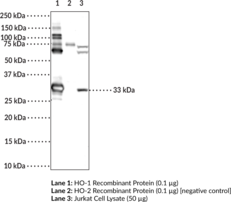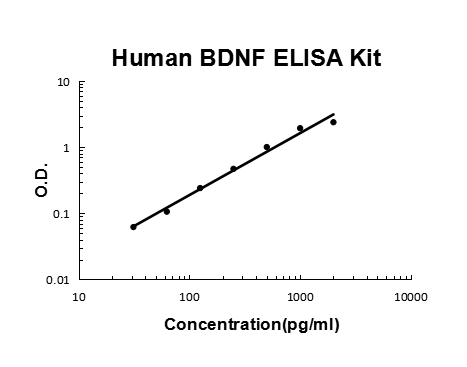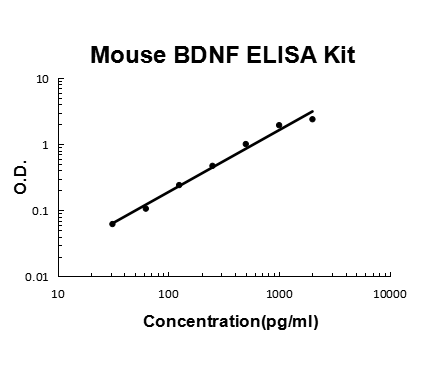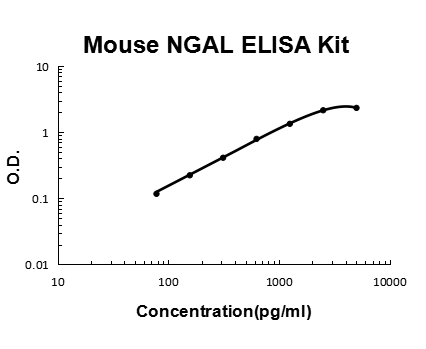Description
Immunogen: Recombinant human HO-1 (Hsp32) • Host: Rabbit • Species reactivity: (+) Human • Applications: ELISA, IF, IHC, and WB • MW: ~32 kDa
Synonyms: Heat Shock Protein 32|Heme Oxygenase-1|HMOX1
Immunogen: Human recombinant HO-1 (Hsp32)
Formulation: 500 µg of Protein A-purified HO-1 (Hsp32) polyclonal antibody
Isotype:
Applications: ELISA, IF, IHC, and WB
Origin:
Stability: 365 days
Application|ELISA||Application|Immunofluorescence||Application|Immunohistochemistry||Application|Western Blot||Product Type|Antibodies|Polyclonal Antibodies||Research Area|Cancer||Research Area|Cell Biology|Cellular Chaperones||Research Area|Immunology & Inflammation|Pulmonary Diseases|COVID-19||Research Area|Infectious Disease|Viral Diseases|Coronaviruses||Research Area|Oxidative Stress & Reactive Species|Antioxidant Activity




